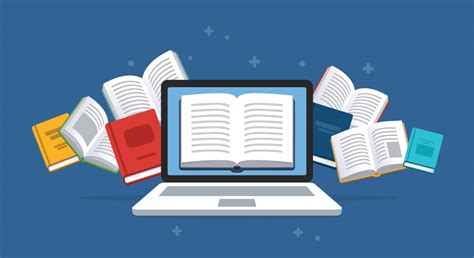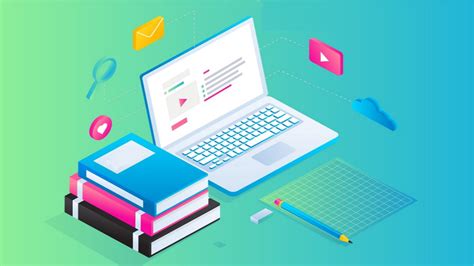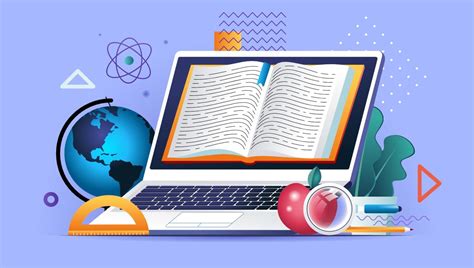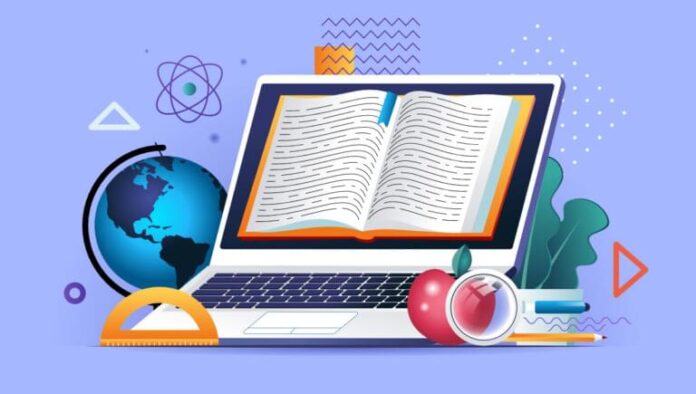Mastering study time management is crucial for achieving academic success and reducing stress. Efficient time management not only enhances productivity but also helps in balancing multiple responsibilities effectively. Identifying time-wasting habits and adopting proven tools can transform your study routine, leading to more focused and productive sessions. By creating and adhering to a structured study schedule, you can optimize your time and ensure steady progress toward your goals. This article will explore essential techniques and tools for mastering study time, offering practical insights into how you can make the most of your study hours and enjoy the benefits of efficient time management.
hotigames.com will take you through an extensive exploration of this topic.
1. Why Efficient Study Time Management Matters
Efficient study time management is crucial for academic success and overall well-being. Properly managing your study time allows you to maximize productivity, reduce stress, and achieve a better work-life balance. When you manage your time effectively, you can focus more on important tasks, avoid procrastination, and ensure that every study session is purposeful and productive. This leads to improved learning outcomes and higher academic performance.
Moreover, effective time management helps in minimizing the last-minute rush before exams or deadlines, reducing anxiety and enhancing confidence. By organizing your study schedule and setting clear goals, you can create a more structured and less overwhelming study experience. This approach not only aids in retaining information better but also enables you to allocate time for other activities, hobbies, and relaxation, contributing to a more balanced and fulfilling lifestyle. In essence, mastering study time management equips you with the skills to handle academic demands efficiently while maintaining personal well-being.

2. How to Identify Time-Wasting Habits
Identifying time-wasting habits is the first step toward improving study time management. Start by tracking your daily activities to pinpoint where your time is going. Use a journal or a time-tracking app to record how much time you spend on various tasks throughout the day. Review this data to identify patterns or activities that consume more time than necessary, such as excessive social media use, frequent breaks, or multitasking on unrelated tasks.
Another effective method is to analyze your productivity levels at different times. Notice when you feel most focused and when you’re most prone to distractions. This can help you understand if certain times of the day are better suited for intense study sessions or if you need to adjust your schedule to minimize interruptions.
Additionally, be aware of procrastination triggers. Recognize what typically causes you to delay tasks, whether it’s feeling overwhelmed, lack of interest, or environmental distractions. By understanding these triggers, you can develop strategies to address them, such as breaking tasks into smaller, more manageable steps or creating a more conducive study environment.
Regularly evaluating and adjusting your habits is key to overcoming time-wasting behaviors. By maintaining awareness and making intentional changes, you can enhance your study efficiency and make the most of your time.

3. What Tools to Use for Effective Time Management
Using the right tools can significantly enhance your study time management. Start with digital calendars or scheduling apps, such as Google Calendar or Microsoft Outlook, to organize and plan your study sessions and deadlines. These tools allow you to set reminders, create events, and visualize your schedule clearly.
Time-tracking apps like Toggl or RescueTime help monitor how much time you spend on different tasks, enabling you to identify inefficiencies and make adjustments. For task management, apps like Todoist or Trello can help you create and prioritize tasks, track progress, and stay organized.
Additionally, consider using productivity techniques such as the Pomodoro Technique, which involves working in focused intervals with short breaks in between. Tools like Focus Booster or Forest can assist in implementing this method. For a more hands-on approach, physical planners and time-blocking techniques can also be effective in managing your study time and maintaining focus.

4. How to Create and Stick to a Study Schedule
Creating and sticking to a study schedule involves a strategic approach to organizing your time and maintaining consistency. Start by setting clear, achievable goals for each study session. Break down your study material into manageable chunks and allocate specific times for each topic or task. This helps in creating a focused and structured study plan.
Use a digital calendar or planner to block out dedicated study times throughout the week. Include both short-term goals, such as daily or weekly tasks, and long-term objectives, like preparing for an upcoming exam. Be sure to balance study sessions with breaks to avoid burnout and maintain productivity.
Consistency is key to sticking to your schedule. Develop a routine that integrates study times seamlessly into your daily life. Set reminders or alarms to keep you on track and hold yourself accountable by tracking your progress. Adjust your schedule as needed based on your productivity levels and any unforeseen changes in your routine.
Regularly review and refine your schedule to ensure it remains effective and relevant to your study goals. By maintaining a structured and adaptable study plan, you can enhance your efficiency, reduce stress, and achieve better academic outcomes.
5. What Benefits You Can Expect from Mastering Time Management
Mastering time management brings numerous benefits that can significantly enhance your academic and personal life. Improved productivity is one of the key advantages, as efficient time management allows you to focus on high-priority tasks and complete them more effectively. This leads to better quality of work and higher academic performance.
By managing your time well, you can also reduce stress and anxiety. A well-structured study schedule minimizes last-minute cramming and the pressure of looming deadlines, creating a more relaxed and controlled study environment. This promotes a healthier balance between study and leisure, contributing to overall well-being.
Additionally, mastering time management fosters better organizational skills and discipline, which are valuable in both academic and professional settings. It helps you develop a proactive mindset, allowing you to anticipate and address challenges before they become overwhelming. Ultimately, efficient time management not only improves your academic outcomes but also enhances your ability to manage various aspects of life, leading to greater success and satisfaction.
Mastering study time management is essential for achieving academic success and maintaining a balanced life. By identifying time-wasting habits, using effective tools, and creating a structured study schedule, you can enhance your productivity and reduce stress. The benefits of efficient time management extend beyond academics, fostering better organizational skills and a more fulfilling lifestyle. Implementing these strategies will lead to improved focus, higher performance, and greater overall well-being, helping you make the most of your study time and personal growth.
hotigames.com
